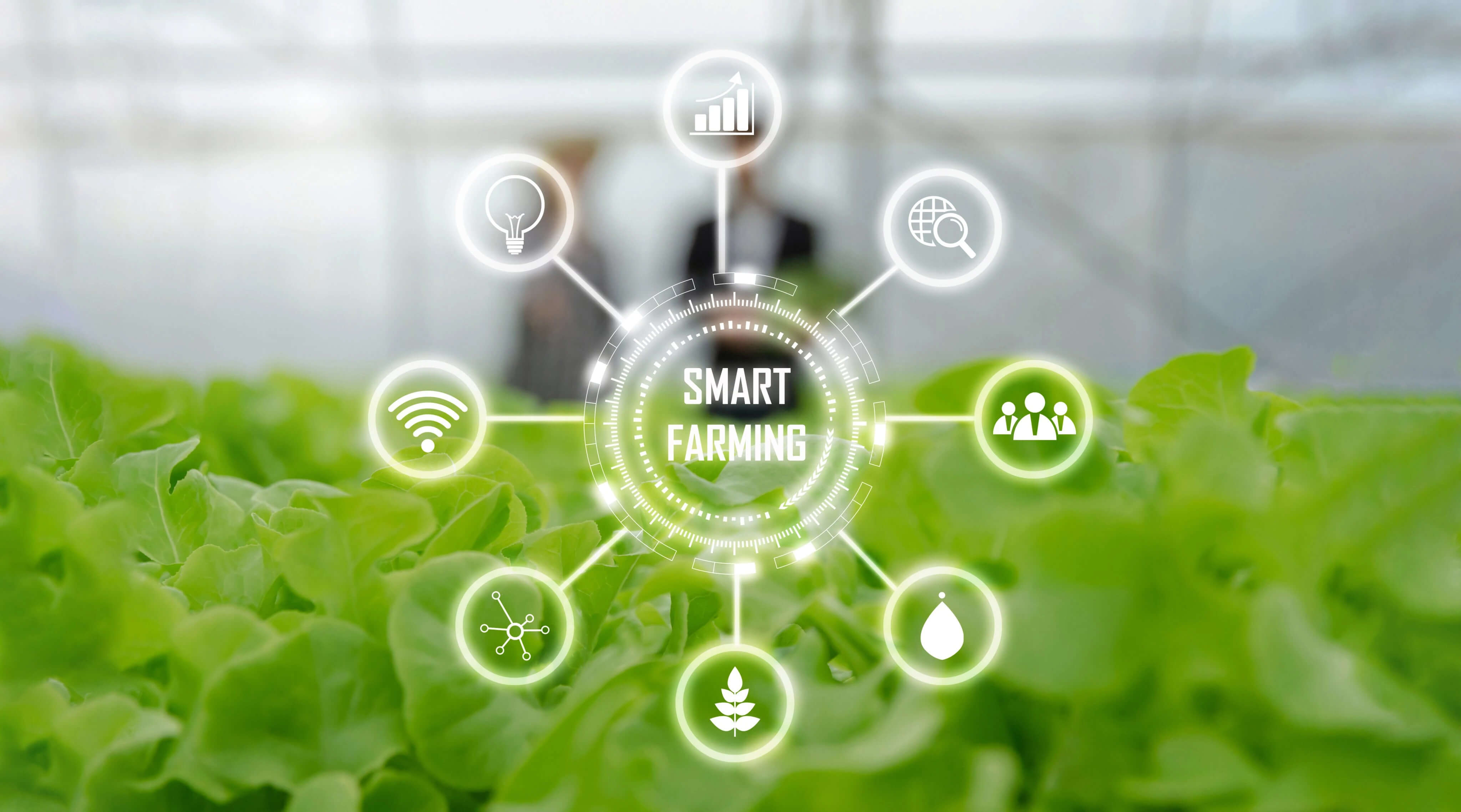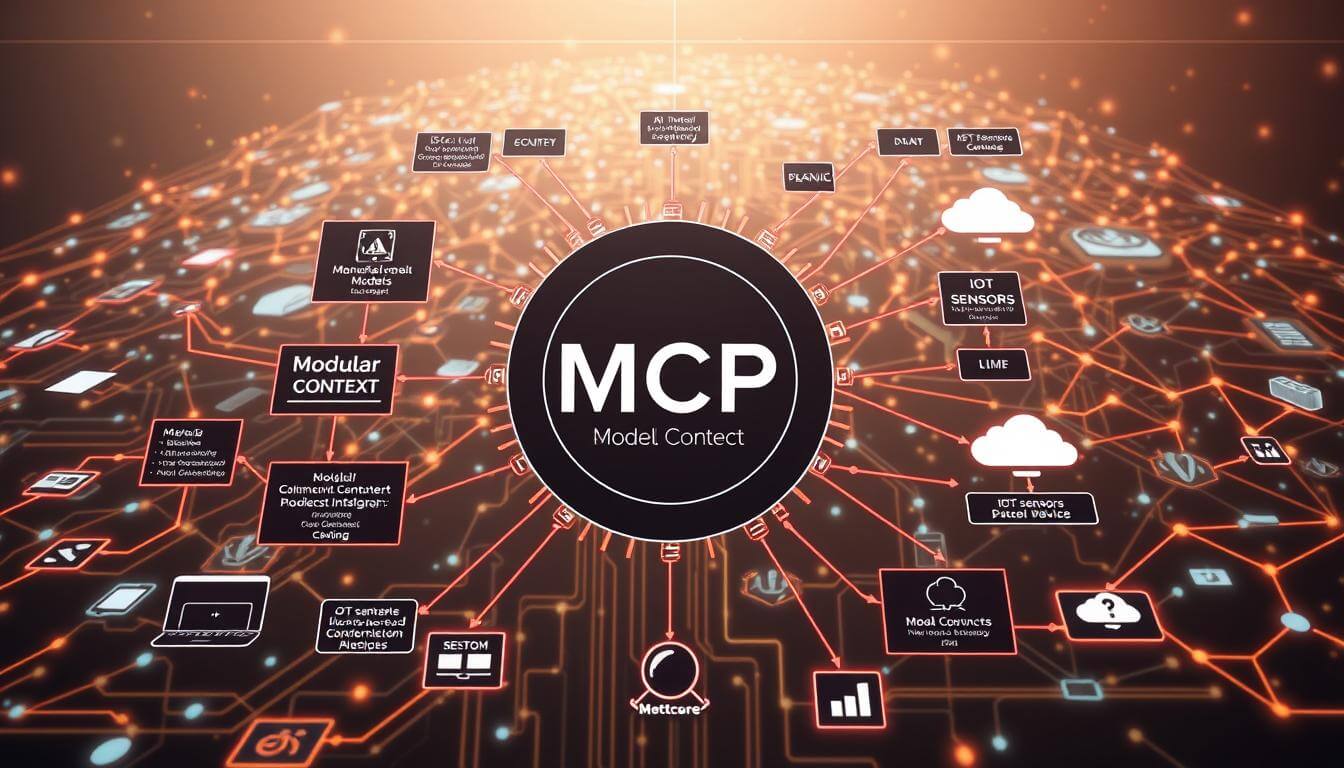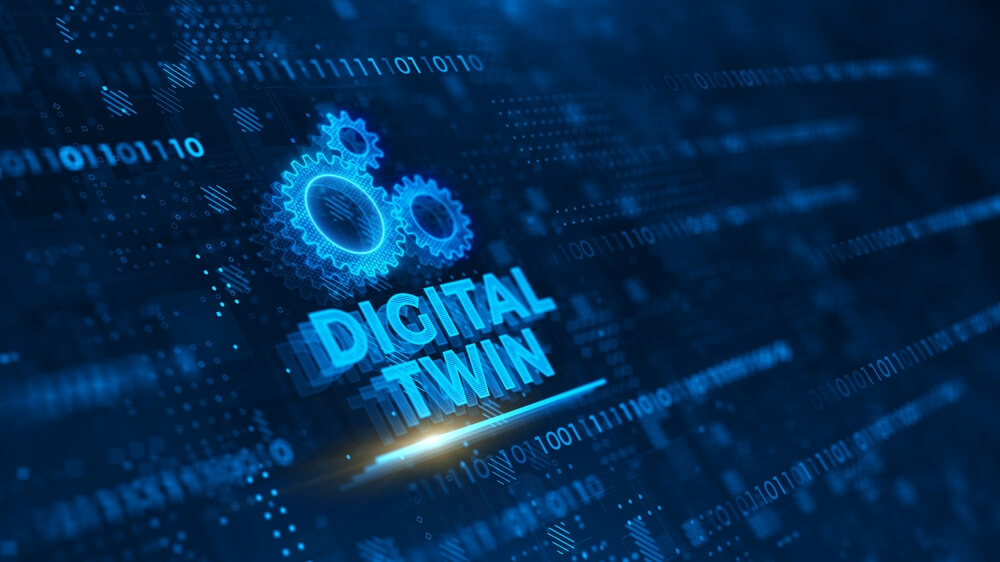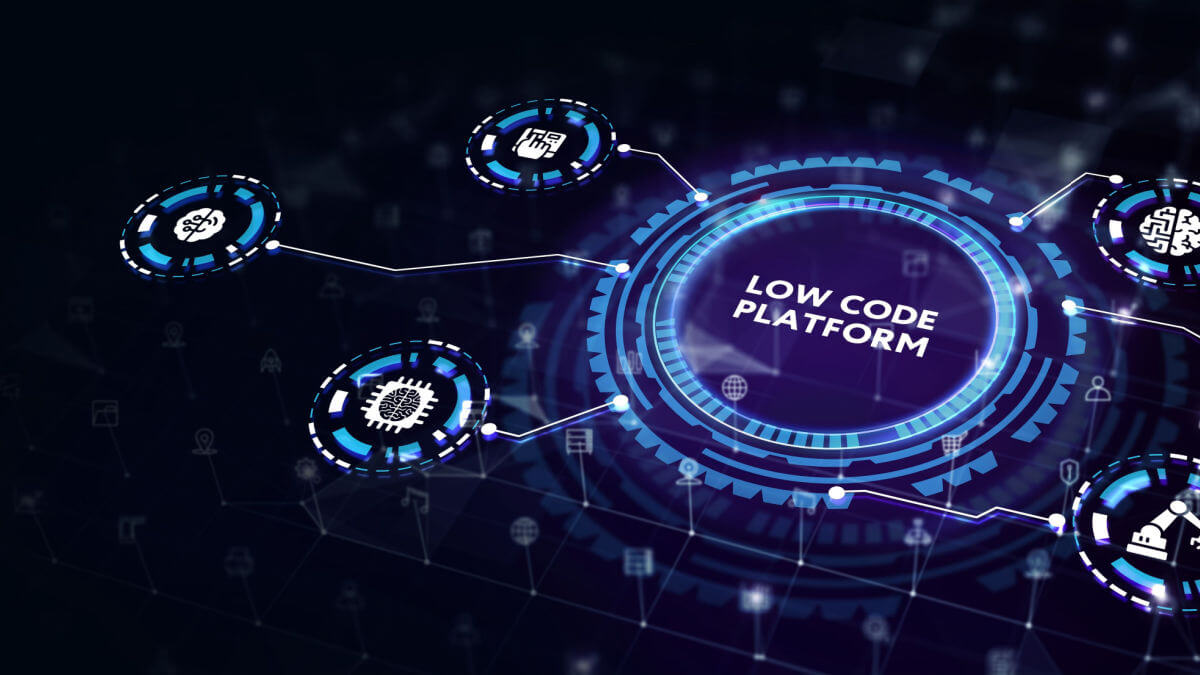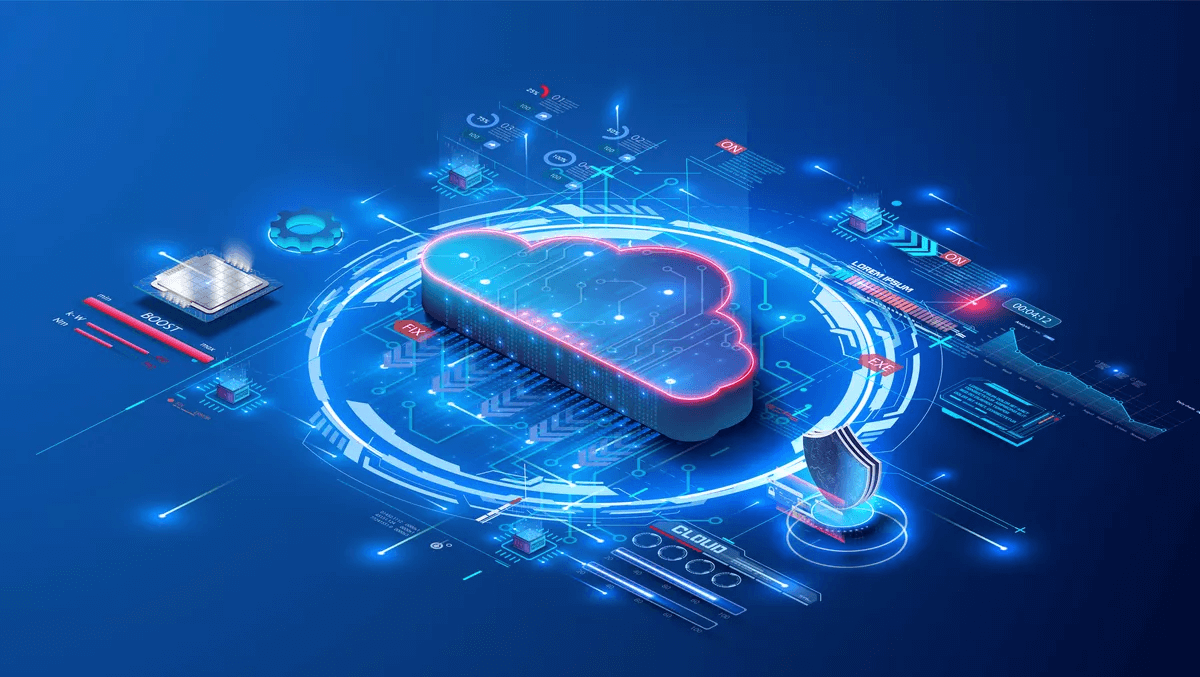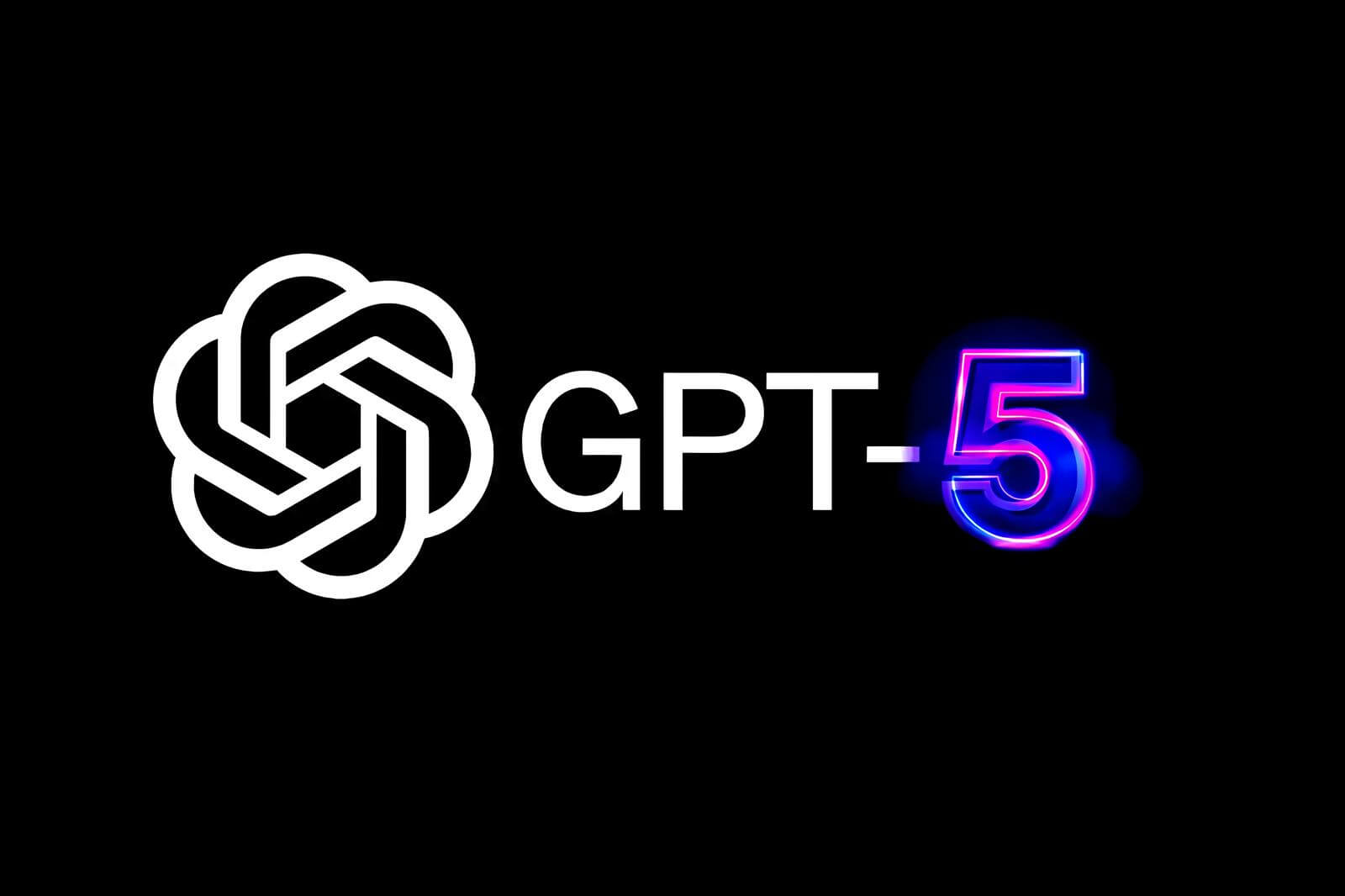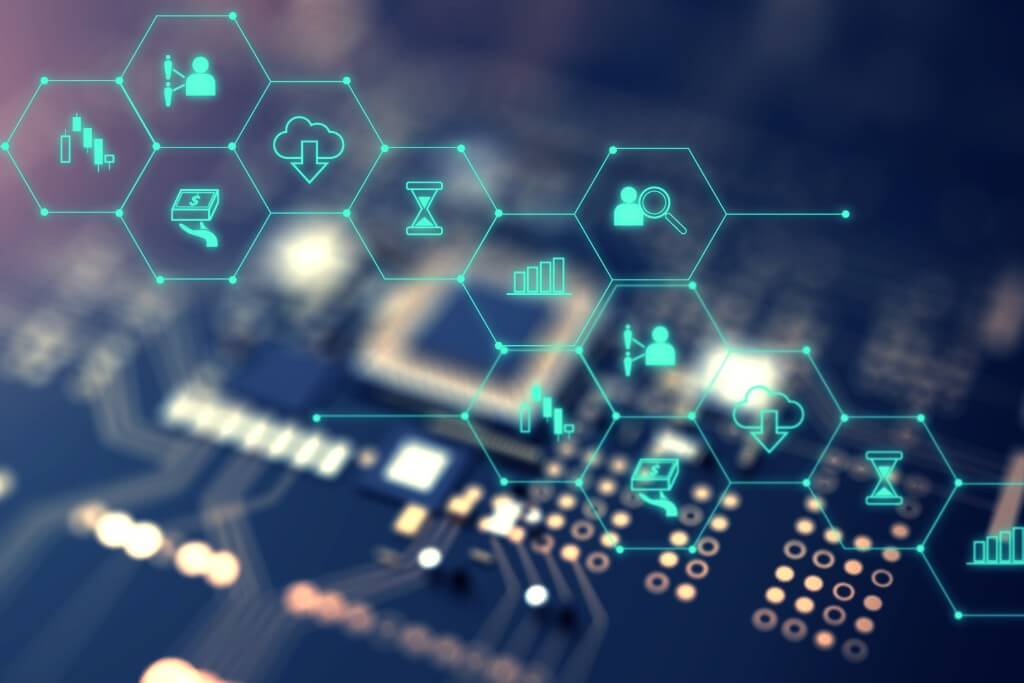In recent years, NFT (Non-Fungible Token) have been commonly associated with digital art and unique images. However, the potential of NFTs goes far beyond that realm. Especially in the agriculture and aquaculture sectors, NFTs have begun to be applied in breed certification, farming process management, and product standard assurance, bringing transparency, reliability, and promoting sustainable development.
This article aims to explain NFT, blockchain nd related technologies in a simple way, while clarifying their practical applications in Vietnam and worldwide within this field.
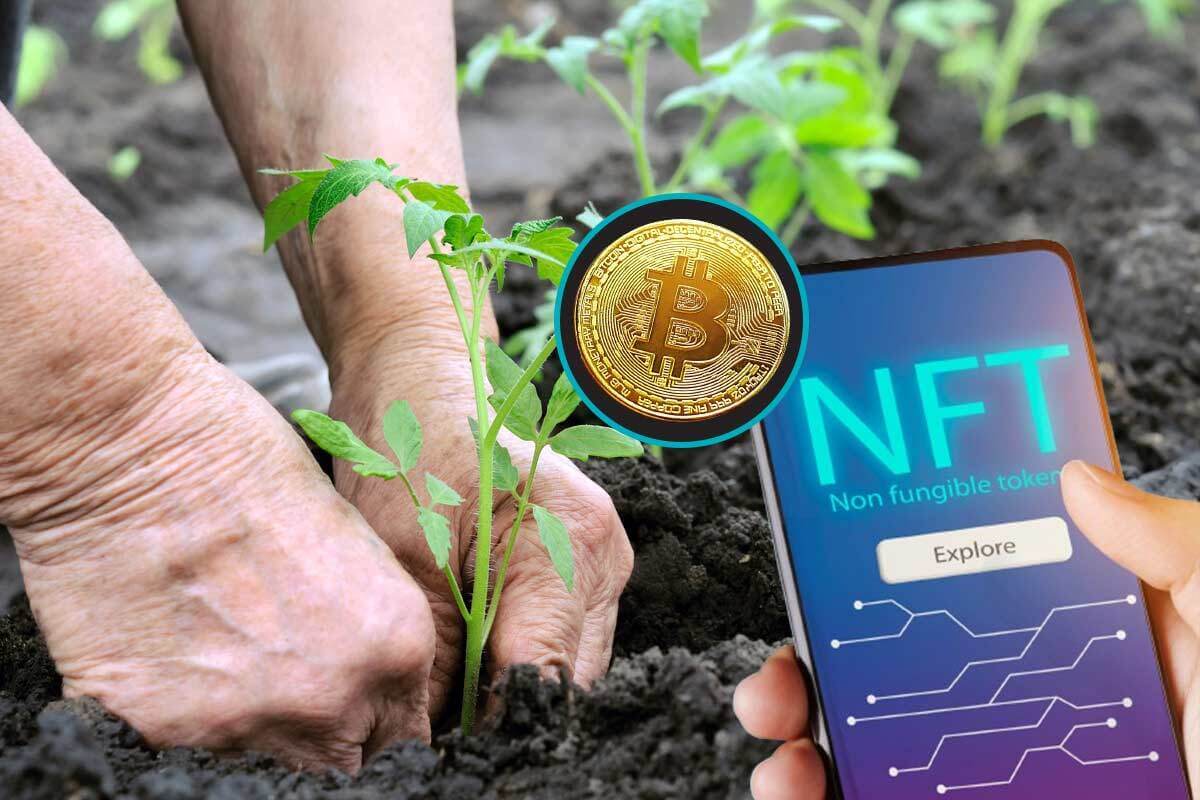
What is an NFT? Understanding Blockchain and Related Terms
NFT – Non-Fungible Token
NFT An NFT is a unique digital code stored on the blockchain, representing the ownership of a digital or physical asset that cannot be replaced or divided like regular tokens. This uniqueness makes NFTs an unforgeable digital certificate.
Blockchain
Blockchain is a distributed database that stores transactions or information in a chain of blocks, which are extremely difficult to alter or counterfeit. This creates high reliability for any data recorded on it.
Smart Contract
Smart contract Smart contracts are self-executing codes on the blockchain that activate once predefined conditions are met. They help automate processes and enhance transparency.
Web3 và IoT
Web3 refers to a decentralized internet platform using blockchain, while IoT (Internet of Things) refers to a network of smart devices and sensors that collect real-time data from the environment or farming processes.

Application of NFTs in Breed Certification
Breed certification is the first step to help farmers, businesses, and consumers verify the origin and quality of aquaculture or crop breeds. Previously, physical certificates were prone to forgery or loss.
NFTs can be used to create unique “digital certificates” for each individual or batch of breeds. Each NFT contains detailed information about origin, genetic characteristics, birth time, and location — ensuring authenticity and non-replicability.
Real-world examples:
- In Vietnam, some shrimp farming projects use NFTs to track the origin of broodstock and record clean-breed standards.
- Internationally, the Aquabytes project in Norway combines NFTs with biological data analytics to manage the quality of salmon breeds more effectively.
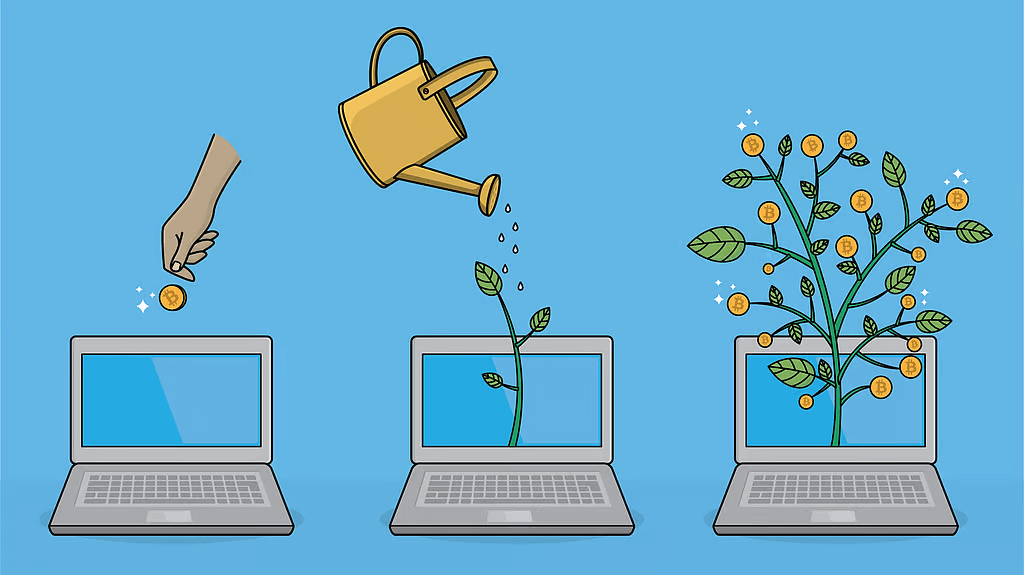
Application of NFTs in Farming Processes
Aquaculture or agricultural processes typically involve stages such as breed selection, care, harvesting, and storage. Monitoring and recording each step often depend on human input, which may lead to data inaccuracies.
By combining NFTs with IoT and smart contracts, each stage of the farming process can be automatically and accurately recorded on the blockchain. For example, IoT sensors can measure water quality, temperature, salinity, and automatically update this information into the NFT associated with each batch. Smart contracts ensure that quality standards are maintained and provide alerts when issues arise.
Benefits:
- Enhance transparency and traceability
- Minimize risks of fraud and data loss
- Increase product value in the market
Vietnam case study:
- Some pangasius farms have adopted this technology to meet export standards for the EU, by recording each stage of the farming process on the blockchain via NFTs.
Application of NFTs in Ensuring Product Standards
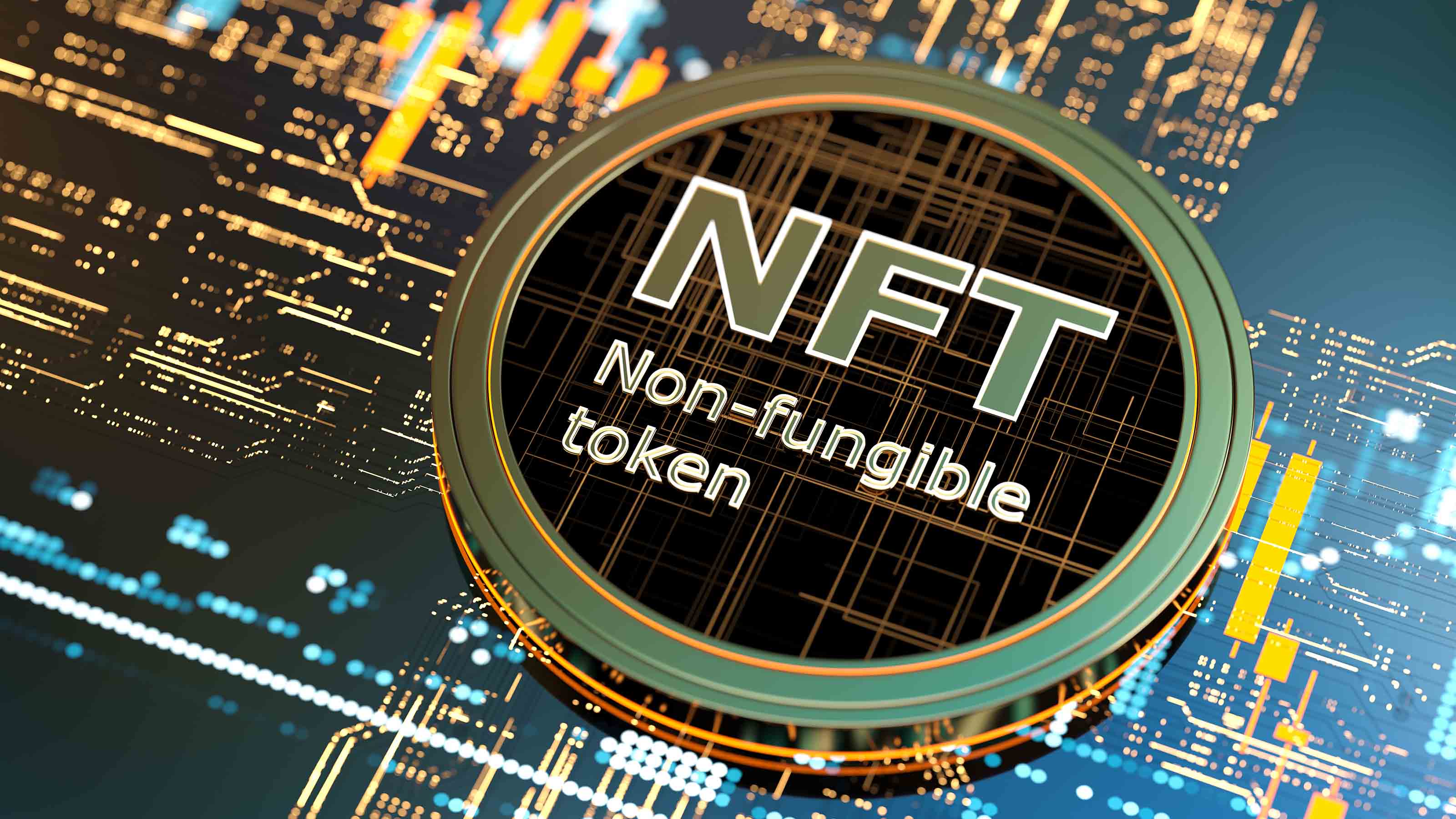
Ensuring product quality is key to building consumer trust and promoting sustainable business growth. NFTs act as “digital certificates” that represent product quality and origin.
Consumers can scan a QR code linked to the NFT to view detailed information about the product’s growth history, care, and quality inspections. This helps raise awareness and promote sustainable consumption.
Real-world examples:
- In Japan, some tuna producers use NFTs to prove their products were caught following environmental protection and food safety standards.
Conclusion
NFTs are not just digital tools for showcasing unique images—they are advanced technological solutions that enable transparent, accurate management of aquaculture breeds, farming processes, and product quality. With the integration of blockchain, smart contracts, and IoT, NFTs open up opportunities for businesses and farmers in Vietnam and around the world to increase product value, build customer trust, and foster sustainable growth.
Start exploring and applying NFTs today to unlock the limitless potential of this technology in aquaculture and agriculture!
CONTACT INFORMATION:
Wiintek Technology Joint Stock Company
Address: 183C Nguyen Van Dau, Ward 11, Binh Thanh District, Ho Chi Minh City
Hotline: +(84) 929 853 399
Email: wiintek@gmail.com
Website: https://wiintek.com/
